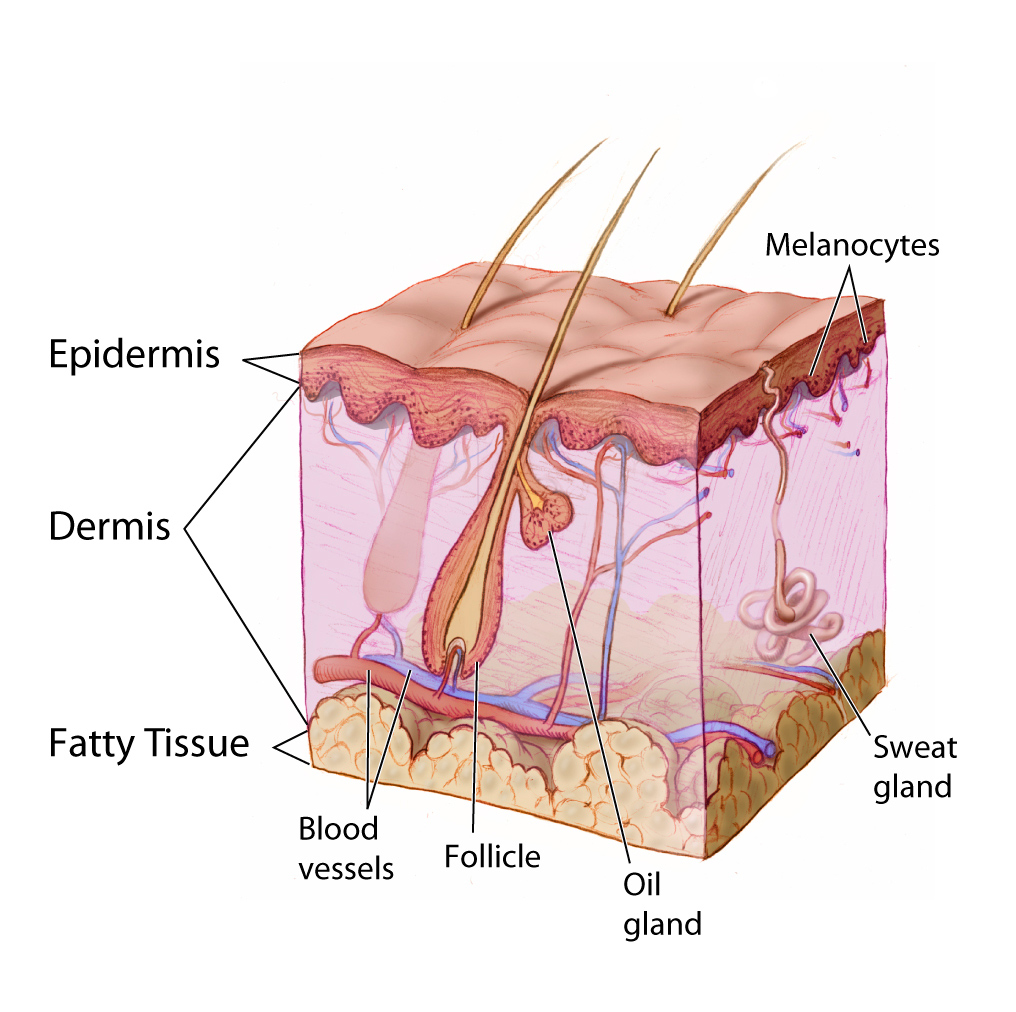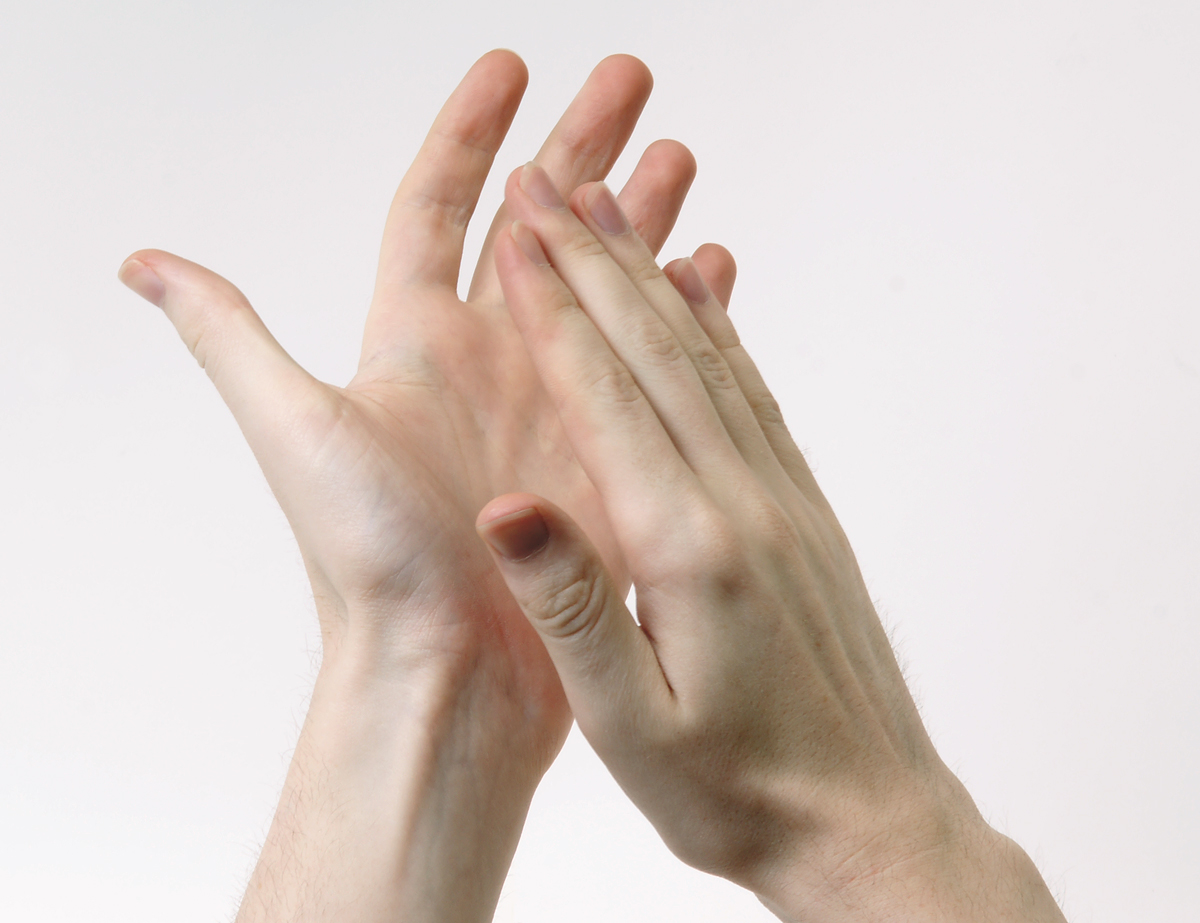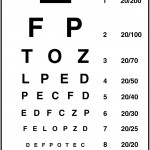Senior Care: Skin Integrity
 The importance of skin integrity as we age.
The importance of skin integrity as we age.
Lets talk about our largest body organ… our skin. As we age, the skin, like every other organ in our body, begins to decline. While we don’t have any way to reverse this aging process there are things that we can do to boost it’s functioning and help prevent skin integrity issues, a major complication in many seniors.
What does our skin do for us?
• Helps maintain proper body temperature
• Wards off infections
• Waterproof barrier that keeps moisture in and moisture out
• Provides sensory information about our environment and injury
As the body ages, the layer of fat under the skin starts to disappear as well as the blood vessels feeding the skin with lots of oxygen. As a result the skin becomes looser, unable to insulate us well, and thinner. The most visible evidence of this is wrinkling and sagging of the skin. As our skin becomes thinner, it becomes vulnerable to tears and pressure sores. Open skin is an invitation to infection and discomfort.
Our climate, particularly in the cold and wintery weather our skin, the largest system of the body- becomes tight and dry. Our skin has less elasticity and become flaky as we age, it makes it easier for it to crack and tear. Aging skin does not regenerate new cells at the same rate as it did when we were young therefore the elasticity and turgor of our skin also decreases. In addition, healing takes place at a much slower pace.
In the dry winter season the elderly skin is more at risk for cracks especially on their hands and feet; for the skin is much thinner in these areas. When the skin barrier is broken, the risk for infection sets in. In the elderly, these are serious cause for concern as their immune systems may be compromised.
One of the most common problems for the elderly is dry skin. Many elderly suffer from fragile skin, itchiness, and crackling. Others may need medical treatment for conditions such as Bed sores (ulcers), Dermatitis, Scleroderma and skin infections. Giving proper and consistent care can help prevent these problems associated with aging skin. Below are some helpful hints to help with the care and maintenance of skin care with our seniors.
Other skin integrity risk factors:
- Diabetes – it is under-diagnosed and under-treated, so make sure you are checking for it regularly with your health care provider. Diabetes causes decreased blood flow to the skin and extremities, encouraging the formation of wounds where there may be pressure points. To make matters worse, it makes the body less efficient in healing wounds, once they have developed.
- Immobility—Any condition that requires someone to be in bed or confined to a wheelchair for long periods of every day will increase the need to be especially vigilant for skin problems. Daily skin checks for tears and sores are essential. Also, making sure that skin is kept clean and dry is essential. If moisture
is a problem, check with your health care provider about the use of barrier creams. - Hip fracture—In otherwise health and active people, hip fractures can cause long periods of immobility during the healing and rehabilitation process. This immobility can increase chances of developing a bed sores.
- Dementia—Dementia can contribute to problems with overall skin integrity due to nutritional factors. Not remembering to eat or prepare balanced meals can cause a drop in weight and nutrients essential to the maintenance of the skin. Additionally, inadequate nutrition can contribute to a higher incidence of falls (weakness from low blood sugar and not enough calories), which can open the skin and lead to infection.
- Rapid weight loss— The lack of ‘padding’, coupled with the underlying cause for weight loss, i.e. poor nutrition or disease, can be problematic for skin integrity.
- Cancer— During treatment, immunity is compromised, appetite may decline, and chemotherapy can directly affect the condition of the skin. Special care should be taken to avoid a skin tear and to try to make sure that food and liquid intake is maintained as much as can be tolerated.
- Smoking or history of smoking—Decreases blood supply to the skin.
- Neurological damage—This can decrease ability to sense discomfort at pressure points that would otherwise prompt one to shift positions.
What you can do NOW?
Nutrition is one of the best defenses against skin break-down. No matter what your current health status, making an appointment with a dietician is a great way to make sure you are getting the adequate nutrition you need to provide your skin the opportunity to keep working for you, not against you.
Nutritional factors that can help maintain skin integrity:
- Stay hydrated
- Eat a balance diet that includes protein
- Include healthy fats in your diet
- Make sure you are getting enough Vitamin A, C, E, K and minerals zinc, iron and copper
- Shower or bathe using warm water as needed. Hot water and frequent bathing increases dry skin and possible skin irritation.
- Use mild soaps without perfumes or added dyes.
- Apply gentle, non-greasy lotion all over body after a shower or bath.
- Use humidifier in the dry, wintery months.
- Use UV protection, the Skin Cancer Foundation recommends SPF 15 or higher.
- Wear hats and light clothing that covers skin exposed to the sun for long periods in the warm weather.
- Checking the skin routinely for changes, and taking steps to report these changes.
- Good foot skin care is crucial especially if you are a diabetic. Dry skin can cause the skin to crack and lead to infection, which can cause serious problems for diabetics.
- Turning and repositioning of the bedridden client at a minimum of every 2 hours to prevent pressure over the bony areas of the body.
While there is no cure for what age does to our skin, there are things that we can do to keep it in the best possible condition to help protect us when we are our most vulnerable.
Finally, it is often said, “an ounce of prevention is better than a pound of cure.” This means that if we can prevent it, it is much better and easier than trying to cure it. For those of us who have the honour and the responsibility of taking care of our seniors let us be diligent about managing and maintaining those who have been placed in our trust. Skin care and skin integrity is important to their livelihood so to that end let us continue to work to prevent the breakdown of the skin, protect the skin and provide the tools that are necessary to maintain good skin care.
If you or your loved one is finding any skin texture changes, or experiencing any other skin conditions… consult your doctor for intervention and a care plan. Alternatively you may also contact us for a consultation and a care plan to mitigate some related causes. It does not cost to receive the appropriate information, so you can make educated decisions.



